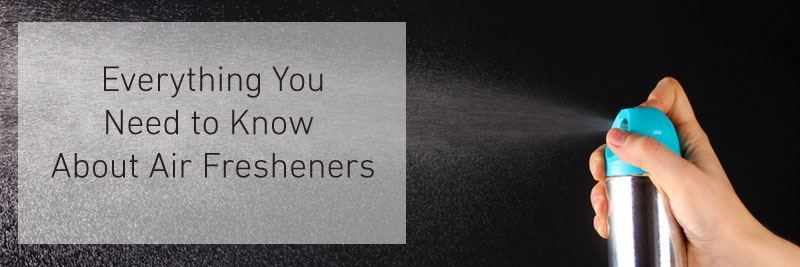

There are air fresheners all over the place. They’re everywhere: in public restrooms, at work, at home, and even hanging from your car’s rearview mirror, but how do they work?
Do they actually get rid of odors? Are they capable of harming us? What distinguishes them from perfume?
Everything you need to know about air fresheners is right here…
What are Odour Eliminators and How Do They Work?
The majority of air fresheners do not truly eliminate odors. Masking fresheners just cover an unpleasant smell with another scent, which seems more pleasing to our senses, rather than removing it from the space. So, how about those air fresheners that claim to get rid of odors? How do they manage to accomplish it?
A chemical called cyclodextrin is the secret to odor-eliminating air fresheners.
This is a molecule with a donut form floating in a water carrier. The hydrophobic interior of cyclodextrin attracts the smell molecules in the air. The molecules on the inside of the cyclodextrin are sealed
inside when the water evaporates, limiting their volatility and odor.
What Are Air Fresheners and How Do They Work?
“Volatile chemicals” are used in air fresheners, which essentially implies that the molecules may quickly change form from liquid to gas (even at room temperature). More than liquids, our sense of smell is tuned in to detect gas molecules floating around in the air.
Aerosols are spray air fresheners, which are still the most common form of freshener. The liquid that shoots out of an air freshener under pressure quickly evaporates when released into the usual pressure of open air, since the name aerosol implies “dissolves in air.”
Before being sprayed into the air, the aerosol propellant is combined with fragrance molecules to mask unpleasant odors. Typically, they merely replace a foul odor with a stronger, better one. Certain air fresheners also seek to decrease your sensitivity to smells, which means that instead of concealing one fragrance with another, they anesthetize your nose to lower your sensitivity to unpleasant odors (reducing their unpleasant impact).
Are Air Fresheners Bad for You?
While there are some publications that suggest otherwise, air fresheners are not dangerous when used in moderation and safely.
Standard air fresheners are unlikely to create problems if used judiciously and sensibly. It’s vital to note, though, that they’re not recommended for persons who have major lung diseases or allergies to the air freshener’s ingredients.

How Do Air Fresheners and Perfumes Differ?
Perfumes are very different from regular aerosol air fresheners, save from the fact that they cost a lot more. **Unstable” chemicals are used in perfumes, which means the water molecules break apart and diffuse in the air.
Heat and a surface area exposed to airspeed up this process, which is why perfumes are best put on open portions of the skin, such as the neck.
Air fresheners, on the other hand, can float around in the air to disguise unpleasant odors or bond with other volatile odors to neutralize them.
In 2022 Here’s Everything You Need to Know About Air Fresheners
Read other articles :
Discover the secrets of fragrance perception with the olfactory pyramid.